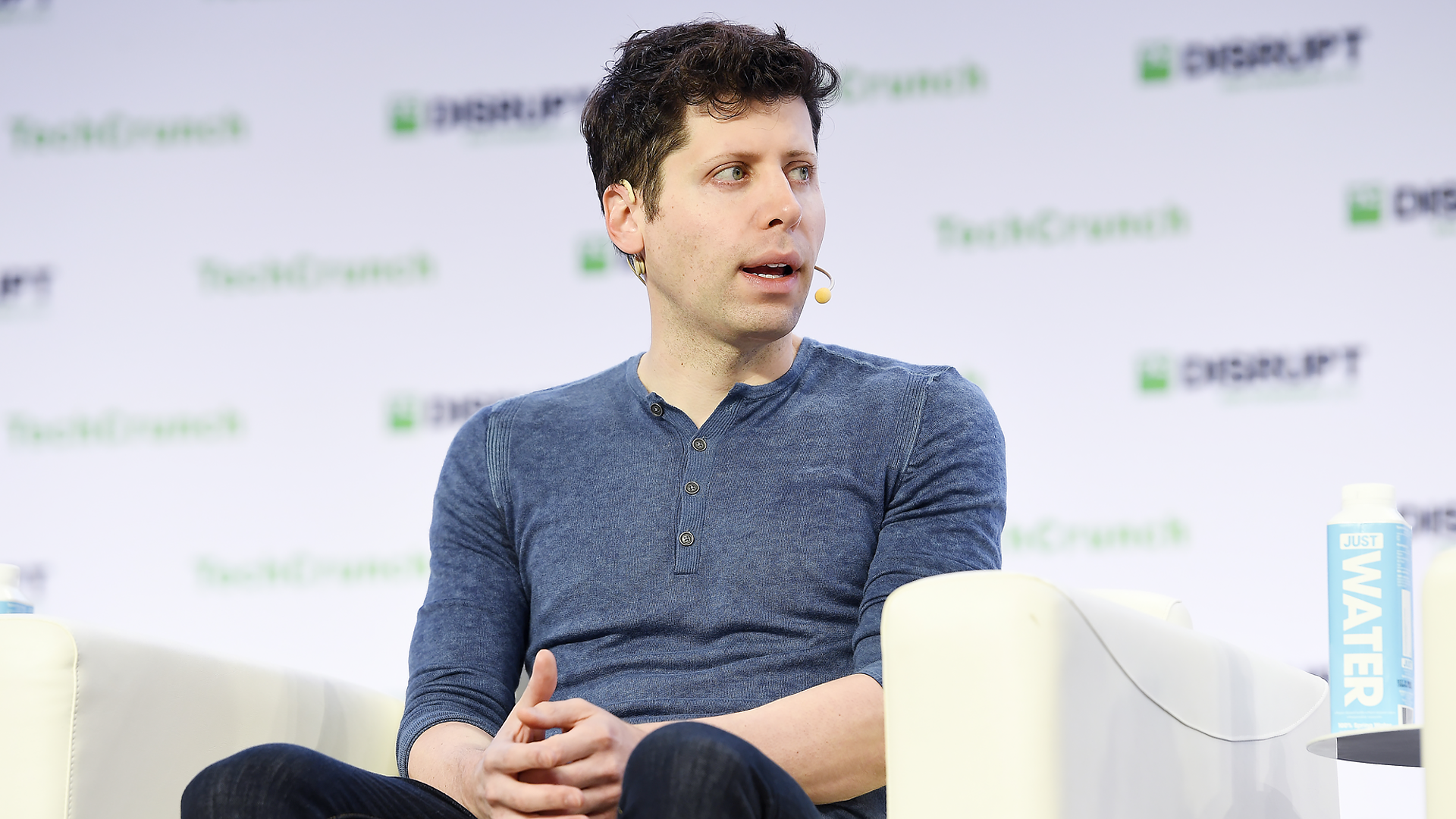ChatGPT chief, Sam Altman, just warned against using the generative AI as a therapist or life coach. The technology ‘isn’t ready yet,’ he said.
The media had us believe we would be jobless thanks to artificial intelligence by now, but the fearmongering of 2023 didn’t quite land.
On the contrary, people are embracing AI, particularly generative chatbots, for just about every use you can think of. The demographic showing the greatest appetite for the technology, unsurprisingly, is young people.
We’re not talking about just scheduling social media posts or rapidly generating coursework, either. We’ve written copiously about how heavily Gen Z relies on platforms like ChatGPT for everyday advice, a sense of connection, and even therapy – Check out Flo’s recent article on the popularity of AI companions.
In March alone, 16.7 million TikTok posts referenced using ChatGPT as a tool for therapy with the vast majority of creators being Gen Zers. Taking to AI like a duck to water, some ‘digital natives’ have grown their parasocial relationship with ChatGPT beyond recreation and into a sort of dependence. And it’s easy to see why.
Beyond the obvious perks of 24/7 availability, affordability, and being a judgement-free forum, several studies have suggested that AI may actually provide more concise and uninhibited advice (as per medical standards) than some mental health professionals.
Given roughly one third of US teens have admitted to using generative AI for therapy, you’d expect the tycoons behind the industry’s big players would be thrilled about the boon to their user traffic.
What you wouldn’t expect is, say, ChatGPT chief Sam Altman to warn against engaging with generative AI for life advice or emotional support. Over the weekend, however, he did exactly that in a public conversation with Theo Van.



















